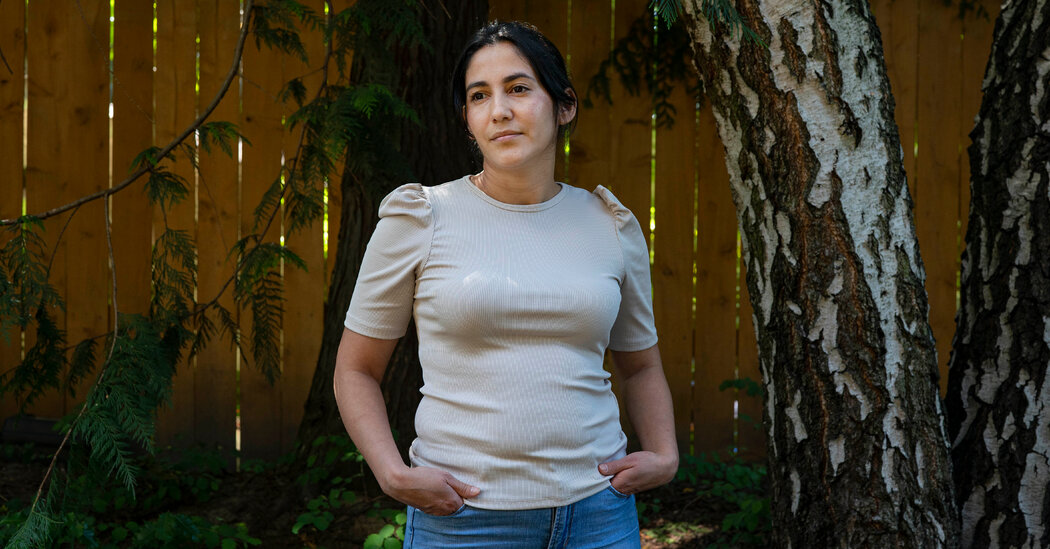
“The past year was difficult because I had panic attacks, anxiety attacks and landed in the emergency room twice,” she said in a Spanish-language interview in July.
Now she is back at work in an on-call capacity, working one or two days a week or, some weeks, not at all. Work that was in the past divided among multiple housekeepers now falls solely on her, she said. “I had to do it myself because they said they were short-staffed,” she said, “but why don’t they call us if they’re short staffed? Why aren’t we working?”
Ms. Ryan, the Hilton spokeswoman, said that staffing levels are “assessed hotel by hotel and are informed by market demand, local business environments, as well as recommendations from government and health authorities.”
Stonebridge Companies, the hospitality firm that manages Hilton Seattle, which is franchised, said that “the pandemic has dictated a number of changes within our service model, with in-room daily cleaning becoming an opt-in service, in most cases.”
Julie Gabot, a 62-year-old housekeeper in Hawaii, said her work has become more grueling than it was in the past. She has worked at Sheraton Waikiki for nearly 30 years, and her seniority meant she was guaranteed a job when the hotel started taking back employees.
But rooms that once took her 45 minutes to an hour to clean now take twice as long. Extended stays, which are more common now than before the pandemic, mean that “during checkout time, it’s harder,” said Ms. Gabot. Items that would have been cleared out during daily cleanings, like tampons, diapers or sand tracked in from trips to the beach, build up.
“There’s a lot of things to do, and then now we sanitize everything,” Ms. Gabot said. “It’s time-consuming now.”





